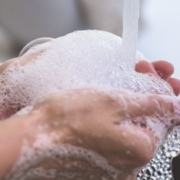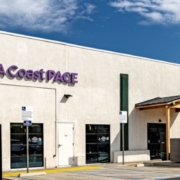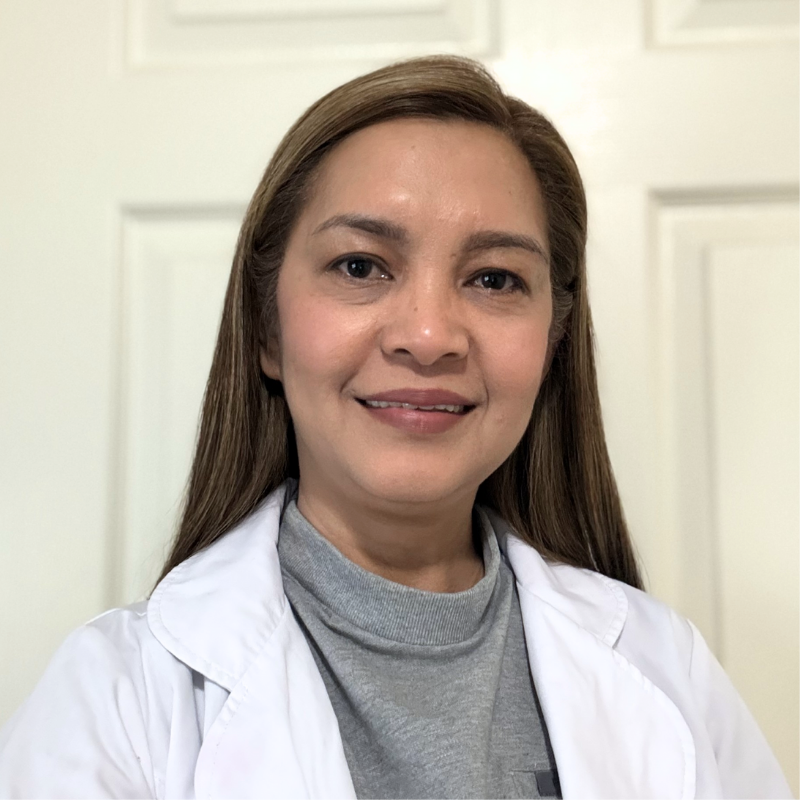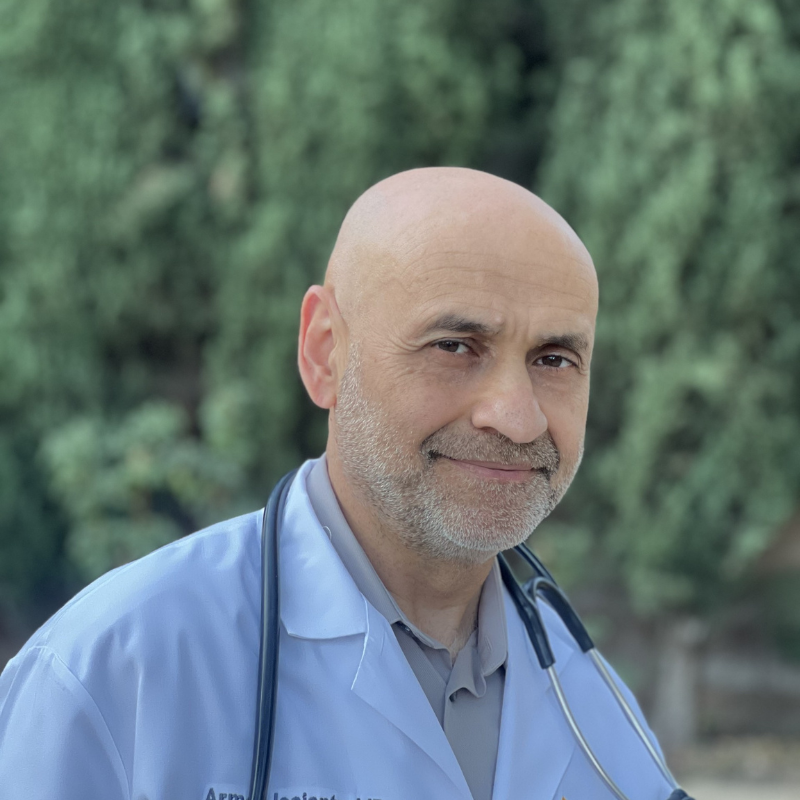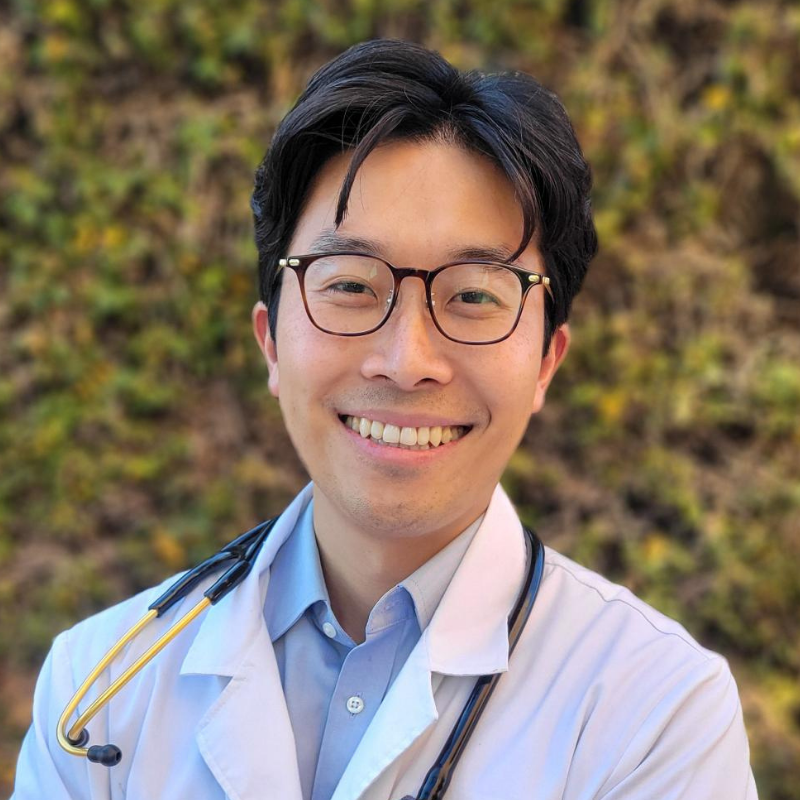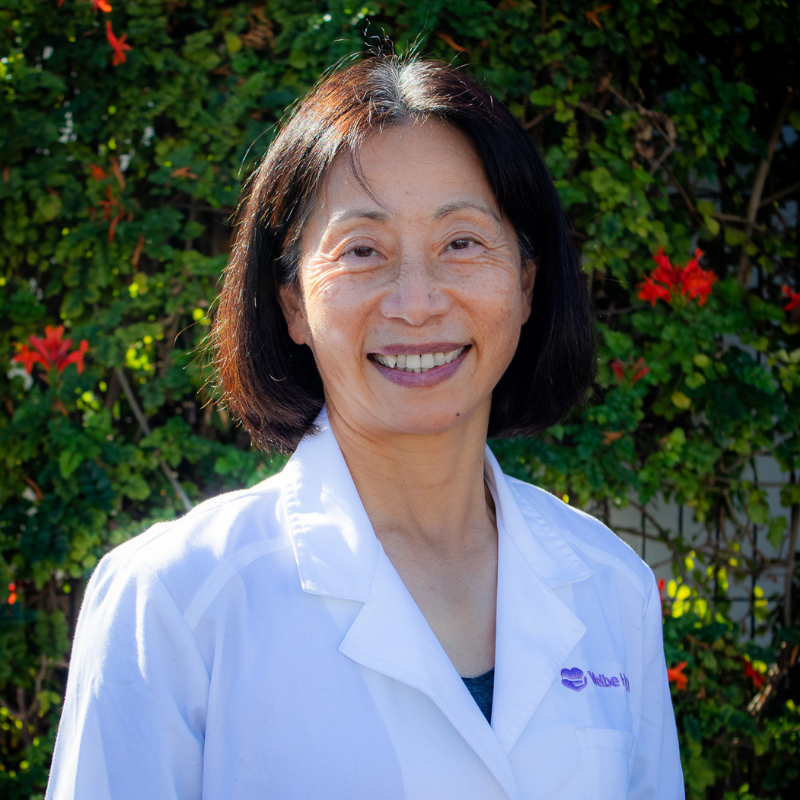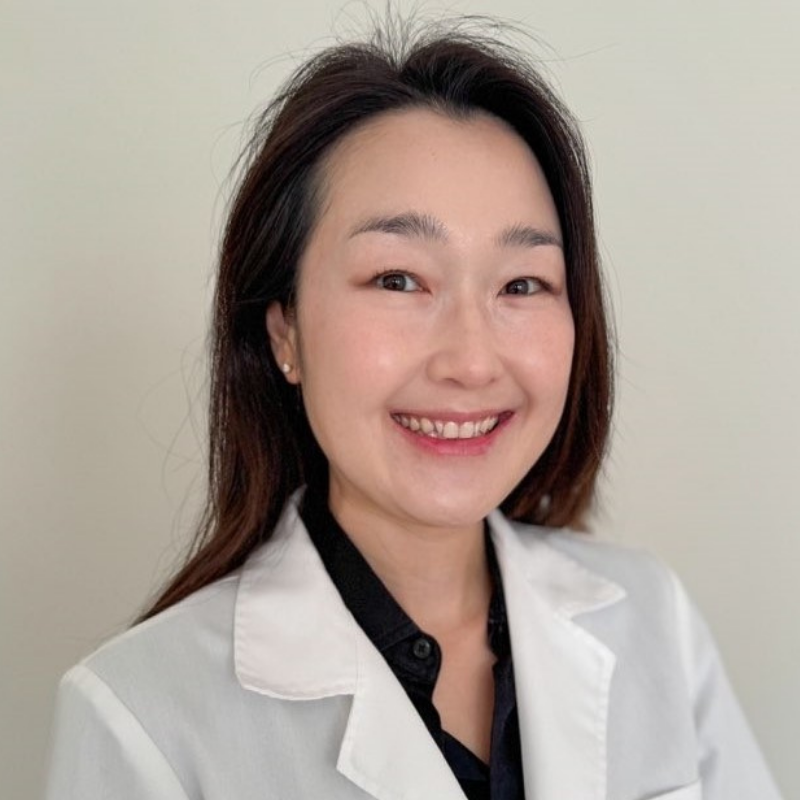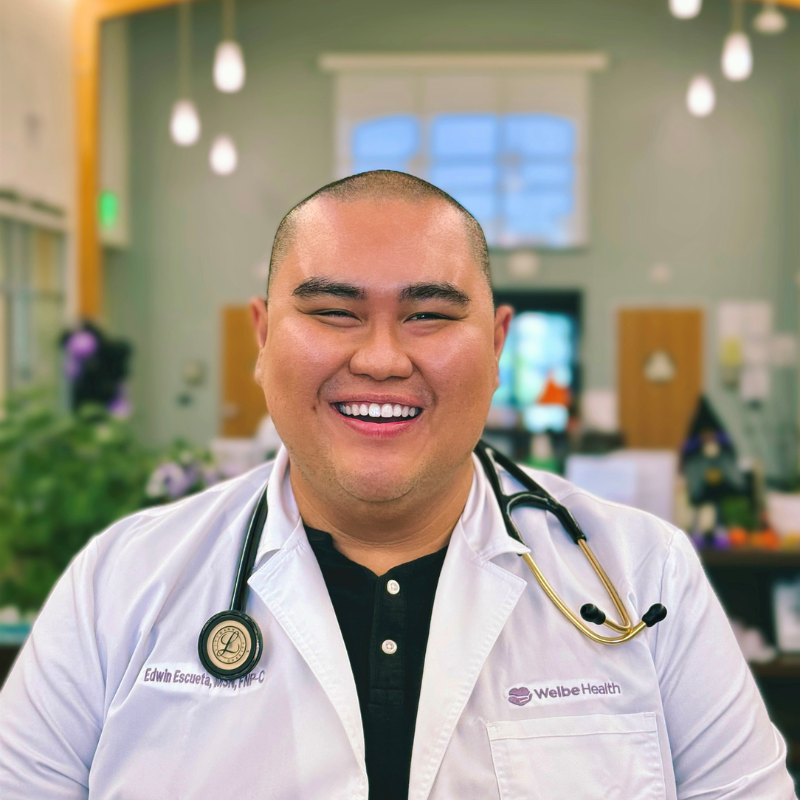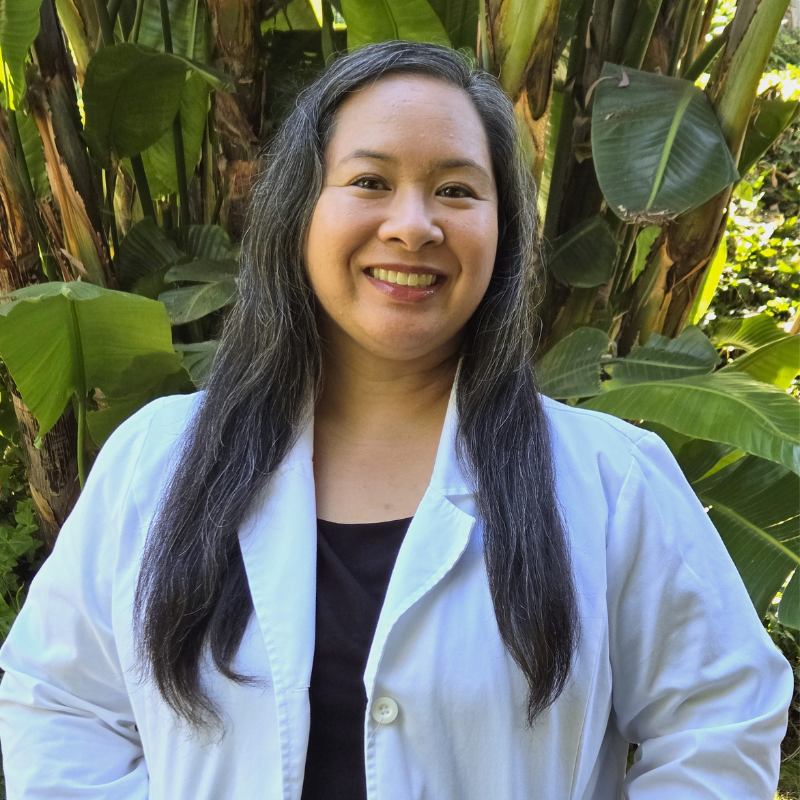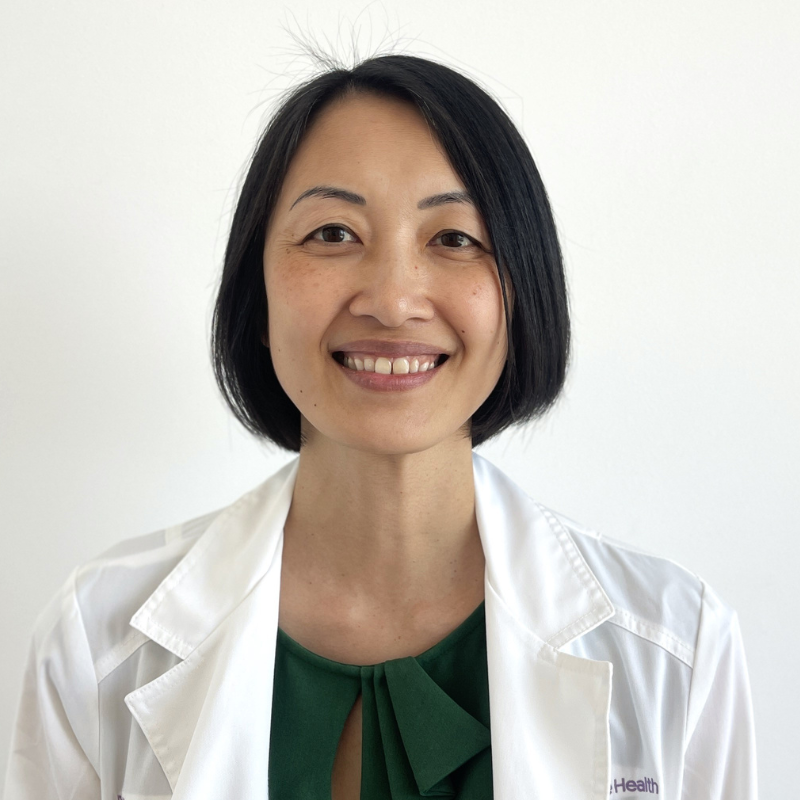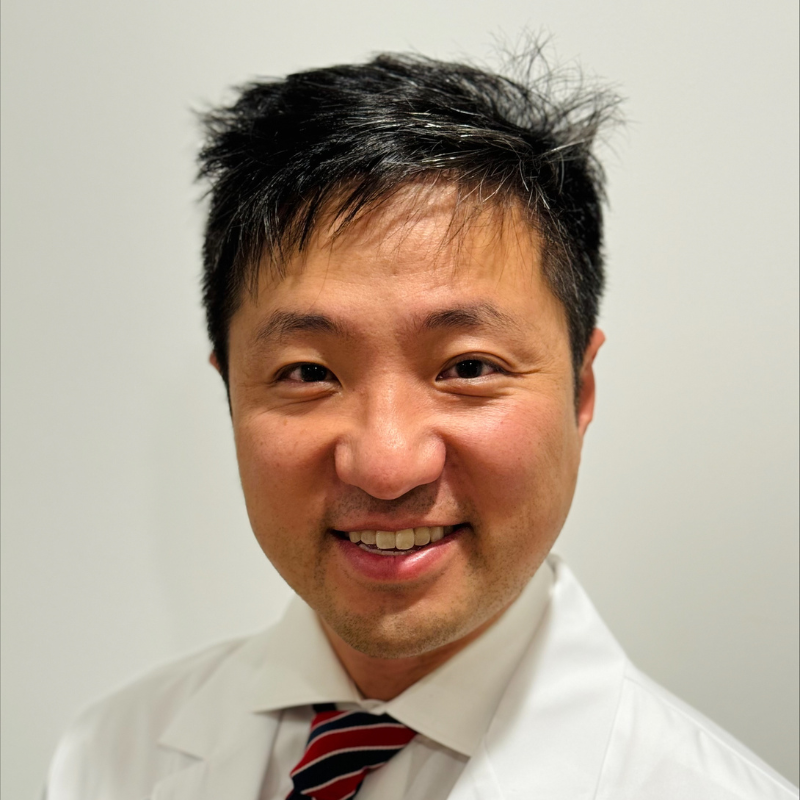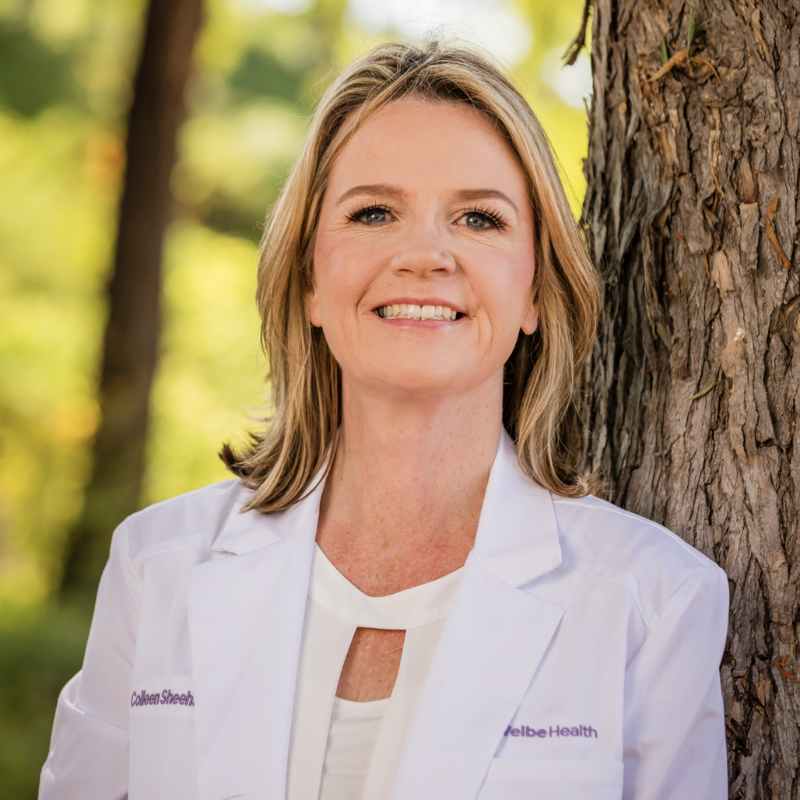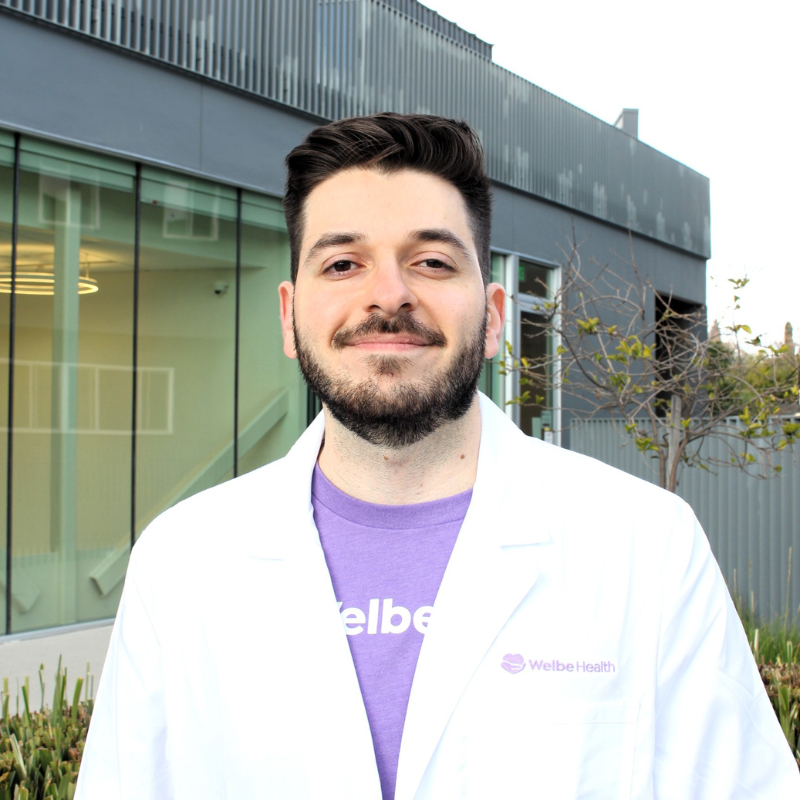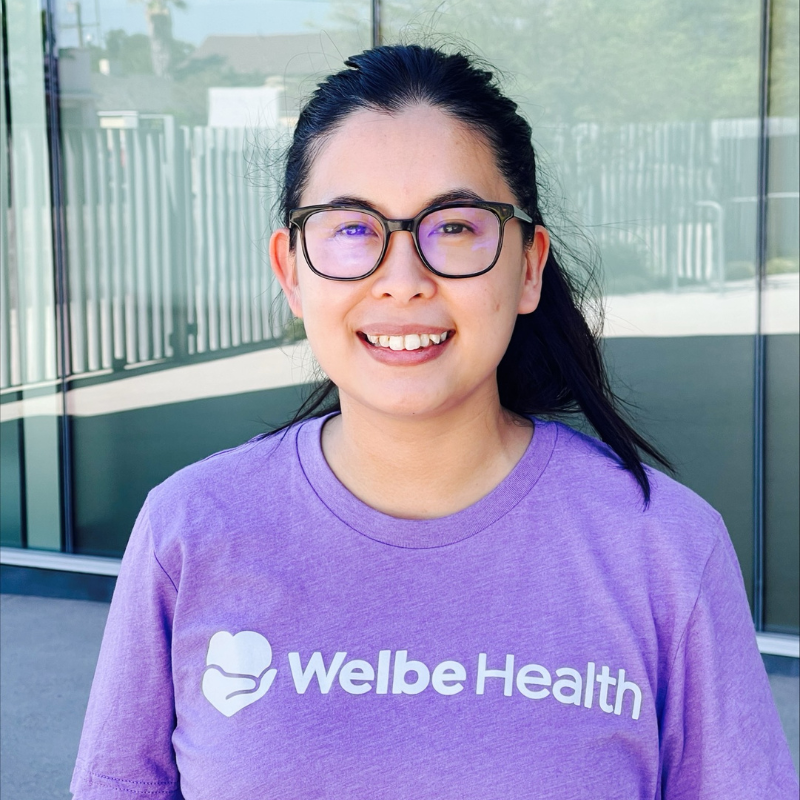Reflecting on our values
An open letter to our WelbeHealth team members
Dear team,
Thank you for persevering through this difficult week. I continue to reflect with heartache on the tragic injustice of George Floyd’s death, and on the systemic racism faced by people of color day after day, generation after generation.
As an organization, we condemn these senseless and racist acts of police brutality. These violations of basic human rights are antithetical to our personal values and our values as a company. More broadly, we must also condemn racial injustice and prejudice wherever we encounter it: in our society, in our healthcare industry, and in ourselves.
We don’t have to look far to see examples of racial injustice in our own sphere of healthcare. People of color have been hit disproportionately hard by Covid-19, with black Americans dying at rates nearly double their proportion of the population. More news emerges every day about the stark disparities in testing and care for disenfranchised communities.
I believe the work we do can be part of the solution. WelbeHealth was founded on the conviction that every person has immeasurable worth and beauty. Our sole purpose since day one has been to serve the most vulnerable seniors with love and compassion in un-served and under-served communities. We directly combat many social injustices through our PACE services and our culture of cherishing each person, which we call Courage to Love.
But we also understand that status quo is not good enough. We must always strive to do better. As our company grows, I am committed to building a foundation of diversity, inclusion, and belonging. I am committed to better understanding the experiences of our team and our participants — including the experience of being a person of color in our society and our organization. I am committed to self-reflection, learning, and improvement.
To those in our WelbeHealth family who themselves are victims of racism, I know that I will never fully understand the pain you must be experiencing. But I do stand with you. And I recommit personally and as an organization to working every day toward meaningful positive change in our society.
Si

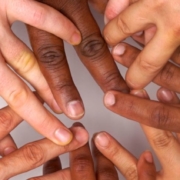


 Cheryl Coleman works for
Cheryl Coleman works for 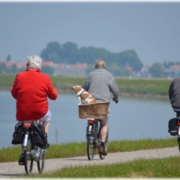
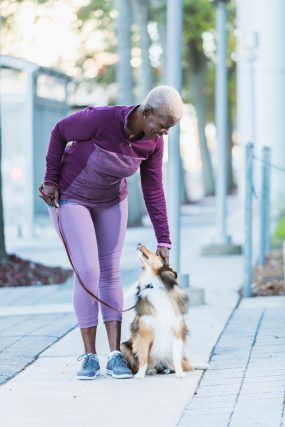

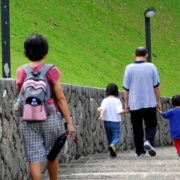
 D’juana Hale always wanted to be a doctor growing up, saying that her pediatrician was her inspiration. Today, she is in the medical field working as an LVN/Nightly Navigator for our
D’juana Hale always wanted to be a doctor growing up, saying that her pediatrician was her inspiration. Today, she is in the medical field working as an LVN/Nightly Navigator for our 
